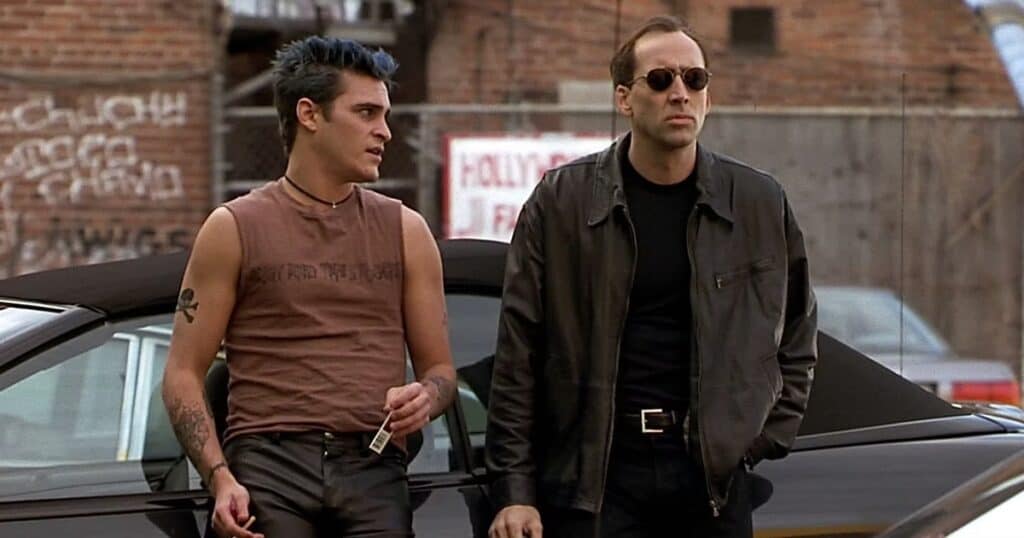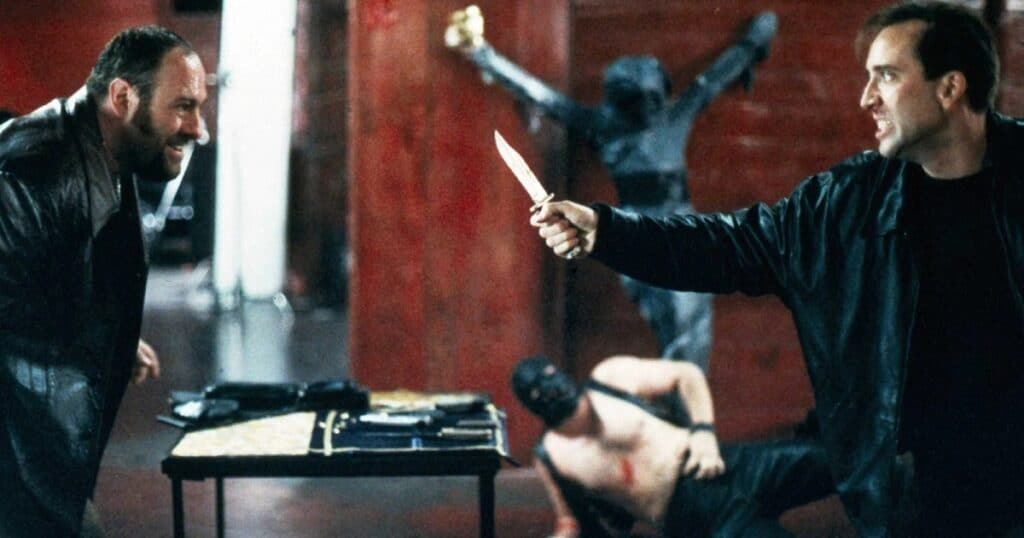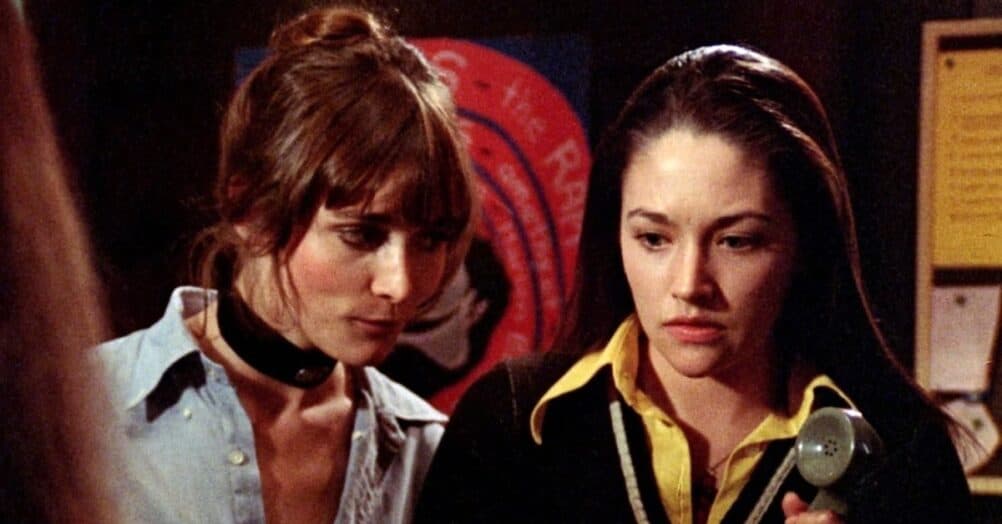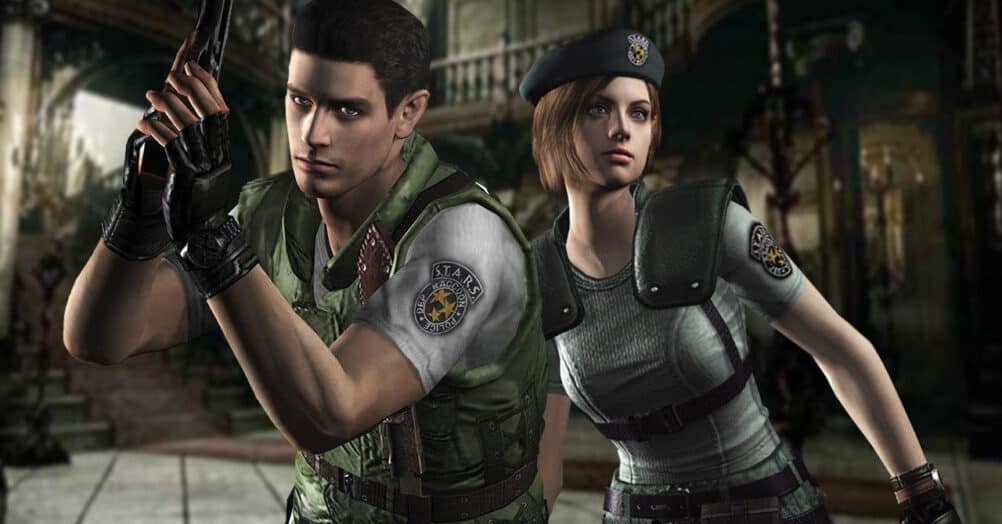I am of that age that still thinks the 80s was 30 years ago and that the 90s just happened. Strange as that logic is, there’s nothing like movie anniversaries to pull me back into reality. Last episode we looked at In the Mouth of Madness and its impact now going strong 30 years later. That flick though, like most of John Carpenter’s catalogue, was something that was already out when I started my movie journey. I had already seen it on VHS and on TV from time to time which puts it in another category altogether. Move ahead just 5 short years to 1999, one of the greatest years in cinema history, and we start getting that 25 years of existence that puts that nice existential crisis right into my gut. Today we are going to look at one of those movies that probably isn’t considered a traditional horror movie but is absolutely horrific in nature. Does 8mm (watch it HERE) starring Nic Cage stand the Test of Time or should it be burned like the evidence in the movie?
Plot
I always forget this is a Joel Schumacher movie. When I think of him, it’s hard not to think of bright comic book neons and bat nipples on suits but his career was a very interesting one that had just shy of 40 projects. If you don’t think of the late 90s Batman movies, then you probably associate him most with The Lost Boys as it is a quintessential 80s horror and one of the best vampire flicks of all time. For horror, he also had Flatliners, The Number 23, and Blood Creek to pair with today’s flick. Blood Creek is something most people haven’t even heard of but look at the cast! I’ll wait. Joel also had prestige drama like The Client, Falling Down, and Phone Booth under his belt to go along with a whole lot more. He was central in the making of this movie, in fact, and it may not have happened if he hadn’t signed on.
Sony and Columbia were the production and distribution companies on the project and originally it was a much smaller handheld affair with Russell Crowe set to star. Before that though, they felt it was one of the riskiest scripts they had ever purchased and were honestly not sure it was going to be made. Schumacher, who had felt disappointment and a kind of emotional void with cinema heard about it and even though he was told it could be career suicide, eagerly signed on to do something different. Russell Crowe did not quite have the star power or multiple Oscar wins here and when Nic Cage was interested in the title it became a bigger budgeted affair and a very different movie. Part of this was due to the changes of the script originally written by Andrew Kevin Walker.
Walker is a heavy hitter as well. He started with Brainscan in 1994 but the following year gave us Seven for David Fincher. He would also do Sleepy Hollow, The Wolfman remake, and then reunite with Fincher again for 2023’s The Killer. Unfortunately, the script was altered going into production by Schumacher and Nicholas Kazan which caused Walker to disown the movie and not even visit the set during production. The story follows Nic Cage’s private investigator Tom Welles who is contacted by a wealthy widow named Christian who found a disturbing 8mm film in her husband’s belongings. Her lawyer Longdale sends him on the hunt to prove that the film isn’t a real snuff film, and it leads him to Los Angeles and New York into the seedy world of violent and fetishistic pornography. He befriends a knowledgeable store clerk named Max California who then leads him to Eddie Poole and Dini Velvet who find talent and make the movies.
They also run into Machine who has a signature tattoo on his hand and shows up in many of the movies. When the filmmakers find out that Welles is an investigator, they make him burn the movie before killing max and attempting to kill him. Welles gets them to fight amongst themselves over money with Longdale and Velvet killing each other. Welles escapes and tells the widow Christian it was all true and the movie was real. She ends her own life but sets up payments to both Tom and the victim’s family, but Tom sets out for vengeance. He kills both Poole and the Machine who turns out to be just a really messed up regular dude. He heads back home to pick up the pieces of his life and try to move on from the experience. The movie received mostly poor reviews but did make a profit with 97 million on its 40-million-dollar budget.

Signs of the Time
As a sort of Neo-Noir, the movie attempts a gritty realism that could pass for the 70s but being in 1999, it has some callouts. While Tom does use an early cell phone, like the one where you pull the antenna up to use it kind of old, they mostly use land lines and pay phones. How Tom Welles investigates shows its age a tad too. He doesn’t use the internet to investigate or research and rather goes into buildings and calls or interviews people in person. He tracks down people by studying the movies and gets help from people that can lead him to others who are involved. The Snuff film angle itself is also a forbidden object during the time of underground pornography in the 90s especially with the tail end of VHS and the boom of DVDs beginning where the products could be sold or traded without much tracking or responsibility. The movie has its genesis in two specific movies: Hardcore and Snuff. Snuff is the 1975 video nasty that was banned in multiple countries and was thought by some to be the real deal. Hardcore is the soul crushing Paul Schrader film that follows a similar story with a father trying to track down his daughter. Also, are there any non-soul crushing Schrader flicks? Asking for a friend.
The technical side of the film has its own sign of the times too as the color grading and filming style fit in with everything that Michael Bay was doing at the time as well as damn near every other action, horror, or drama director of the time who felt they had a pizazz going that would capture the cultural zeitgeist. This extends to the camera angles and music used for the movie that fit right in with everything else happening from the mid to late 90s. for a modern comparison, it’s very similar to the lens flairs that get made fun of in the most recent decade of filming. You could probably guess the year within a 2-year window just by watching parts of the movie. Finally, its impossible to talk about the 90s without discussing Nicolas Cages star power, particularly post his Oscar win for Leaving Las Vegas. The next year would give us The Rock followed by Con Air and Face Off in 1997. Snake Eyes the next year and then 8mm was paired with Bringing Out the Dead in 1999. Look at the directors and actors he worked with. His star power was something else at this time.
What Holds Up
This movie falls under the unfortunate flag of both what if and the sum being less than its parts. What holds up though? The story is a mean and gritty one with 75% of the humans we see not exactly being good, reputable people. It’s a mean movie with a mean story that unfortunately could have been even angrier, and we will sadly never see that. It has some wonderful performances from a young Joaquin Phoenix, a reliably slimy Peter Stormare, also slimy Anthony Heald, Chris Bower, and a True Romance level creep performance from the late, great James Gandolfini. The scene where they confront Cage and kill Phoenix before infighting with each other shows off how great all these guys are, and we are lucky to get them all in the same place.
This also leads to great lines like there’s no honor between perverts and pornographers to name just one gem that comes from Mr. Walker’s script. The actual titular 8mm snuff film is also unsettling as hell and sold to perfection by anyone that watches them. for the problems I have with cage, I think his intensity and disgust from the moment he watches the film to the end when he needs the catharsis of revenge is done really well. Unfortunately…

What doesn’t hold up
The rest of Cages’ performance is very lackluster. He doesn’t have the crazy outbursts we are accustomed to seeing and he is just never fully unhinged like he is in most of the other movies he made during that 5 year stretch we mentioned earlier. I hate to say it but I think we missed out on a superior film here with Russell Crowe operating with some version of the original script and idea. I like Nic Cage. I like his crazy unhinged performances, I like when he puts everything he has into his straight man dramatic roles, I love him in every genre he has shown up in but he just doesn’t have it here and it hurts the movie. He isn’t a bit part or a secondary character, he is the avatar for the audience and the one that guides our attention for 2 hours and 3 minutes. The movie has really great aspects to it but it is also a little bit too long and a little but too slow at points when the jolt it needs to push it over the edge just isn’t there.
Verdict
8mm is sadly a case of what could have been vs what we have. The movies it takes it’s inspirations from are far better experiences and the parts just don’t add up together to make the best sum. While many of the performances are great, the lead actor weighs the production down with a mostly sleepy portrayal. The story itself is good but was neutered down to lose some of its edge. While Scream Factory did what they always do and gave fans and collectors a worthy physical copy, the movie is destined to be mostly discussed in smaller circles and falls short of the potential it once had. It had been over 20 years since I saw the movie and while I remembered the most interesting parts, the rest I had forgotten about just like I did shortly after rewatching it for this episode. 8mm is a slow and ultimately frustrating watch as the movie we could have had stays tantalizingly out of our grasp while what we ended up with sadly doesn’t stand the test of time.
A couple of the previous episodes of The Test of Time can be seen below. To see more, click over to the JoBlo Horror Originals YouTube channel – and subscribe while you’re there!




















Follow the JOBLO MOVIE NETWORK
Follow us on YOUTUBE
Follow ARROW IN THE HEAD
Follow AITH on YOUTUBE